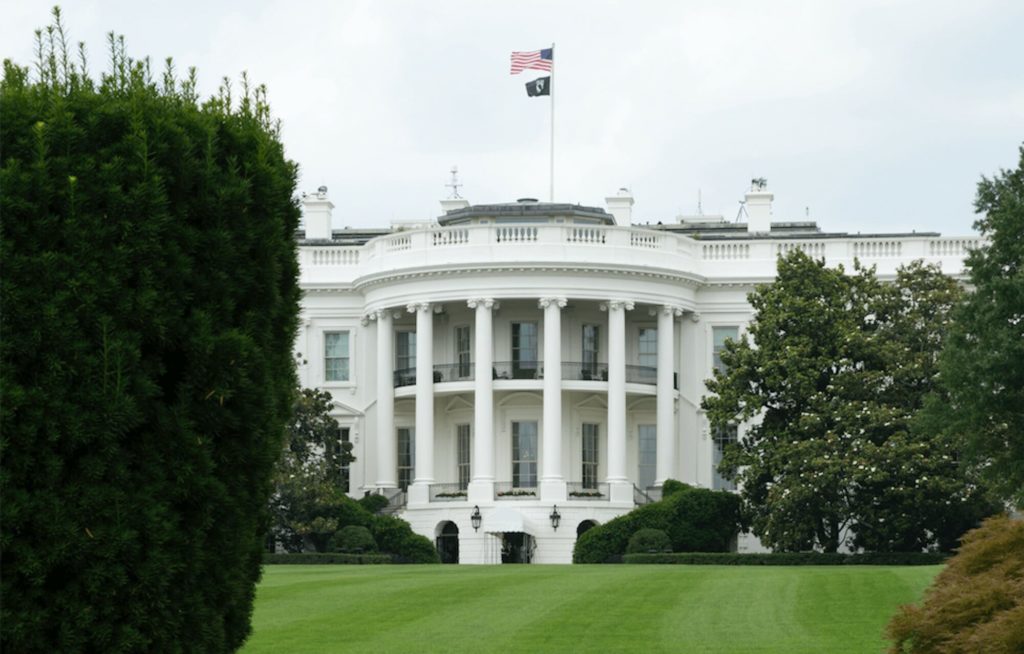
Home care agencies need to take steps to ensure that they are complying with federal antitrust rules and staying on top of changes in state noncompete laws. That was a message that Angelo Spinola, attorney with the Polsinelli law firm, delivered at a session Sunday at the annual conference of the National Association for Home Care & Hospice in St. Louis.
Noncompete agreements — in which employees agree not to compete with employers after their periods of employment are over — “are getting harder and harder to enforce,” Spinola said.
Since July of 2021, when President Biden issued an executive order around these agreements, federal agencies, including the Department of Justice and Department of Labor, have turned a laser focus on promoting competitive labor markets. The DOJ’s Antitrust Division and Solicitor of Labor have partnered on this effort. The DOJ, in fact, has the most antitrust grand jury investigations open in 30 years, Spinola noted. In March 2022, the Treasury Department issued a report, finding that a lack of competition causes wage declines of about 20% for workers.
If a business uses a noncompete agreement, it should limit it to managers and critical employees and be reasonable in scope, Spinola said.
A related area the government is cracking down on is no-poach agreements, as it argues that these agreements hamstring workers in the job market. Some antitrust best practices include the following: Carefully examine franchise and other agreements between businesses to ensure the removal of “no-poach” clauses; analyze antitrust issues and responsibilities early in significant mergers and acquisitions transactions, and avoid discussions or agreements with competitive businesses about wage rates, Spinola said.
Nonsolicitation agreements — which forbid the solicitation of former employers’ customers or employees to leave — are much more likely to pass review, Spinola said.
To keep workers amid a labor shortage, many agencies want to use “the stick more than the carrot” in the form of noncompete agreements, but that is not working so well with the government’s heightened scrutiny, Spinola said.
State laws also are changing rapidly in this area, Spinola explained. Some 10 states have banned noncompete agreements for low-wage and blue-collar workers.
“You’ve got to know these rules and know how they change,” Spinola said.


